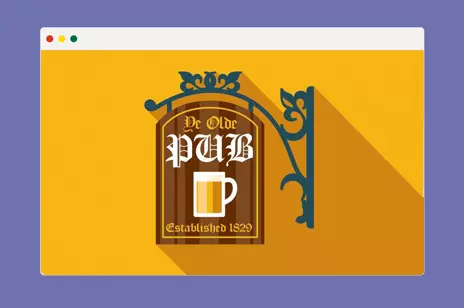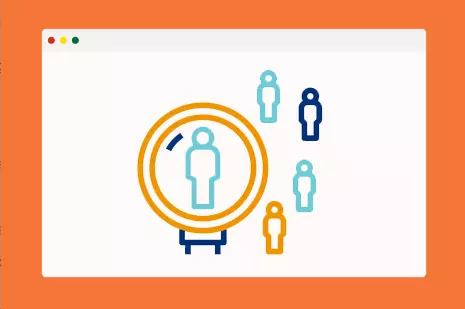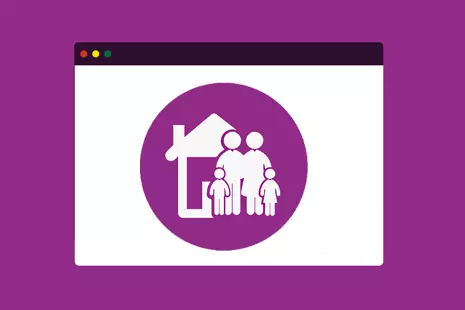Find your local Parish
Use this service to find information about your Parish.
The PARISH.UK Network provides a wide range of data for all Civil Parishes in England and Wales.

What is a Parish Council?
A Parish Council is a civic local authority and is the lowest tier of government. Only England and Wales have Parish Councils as part of their civic local authority structure.
Parish Councils are elected corporate bodies that have powers to implement variable tax raises and are responsible for an area known as a civic parish.
There are approximately 16 million people served by Parish Councils in the UK.
Names of Parish Councils can vary. Whilst most commonly called a Parish Council, their names often include Town Council, Village Council, Community Council or Neighbourhood Council.
The role and responsibilities are the same irrespective of the name and the size of the area covered by the Parish Council.
Council
View contact details for each Parish Council, including current councillors, precept data and election results.
Education
View educational establishments in each Parish. Data includes OFSTED rating and current appointed governors.
Business
Business directory listing local businesses operating within each Parish.
Planning
View recent planning applications submitted for each Parish.
Property
Price paid data for all property sold in each Parish since 2018. Includes average prices for each property type.
Heritage
Local heritage sites, historic churches, heritage pubs plus local heritage initiatives for each Parish.
Latest News

Heritage Pubs in the UK: Preserving the Past for Future Generations
Updated: 8th Feb 2023

Should you be able to opt-out of the UK CENSUS?
Updated: 7th Feb 2023

A study into the variation in household sizes within UK parishes
Updated: 5th Feb 2023
Duties and Powers
Duty to provide facilities
| Allotments, duty to consider providing allotment gardens if demand unsatisfied. |
Power to provide facilities
| Buildings for community use, such as village halls, town halls or community centres |
| Recreational facilities, such as parks, playgrounds, playing fields and swimming baths. |
| Cemeteries and crematoria, including maintenance of war memorials. |
| Public facilities, such as litter bins, public seats, public toilets and public clocks. |
| Cycle and motorcycle parking. |
| Maintenance of rights of way. |
| Guardianship of common land, such as village greens. |
Consultative powers
| All planning applications in their areas. |
| Intention to provide a burial ground in the parish. |
| Proposals to carry out sewerage works. |
| Footpath and bridleway (more generally, 'rights of way') surveys. |
| Intention to make byelaws in relation to hackney carriages, music and dancing, promenades, sea shore and street naming. |
| The appointment of governors of primary schools. |
Miscellaneous power
| Sponsoring public events. |
| Support of the arts and provision of entertainment. |
| Encouragement of tourism. |
| Providing grants to local voluntary organisations. |
| Funding crime prevention measures. |
| Providing grants for bus services, and funding community transport schemes. |
| Contribution of money towards traffic calming schemes. |
| Cleaning and drainage of ponds, watercourses and ditches. |
| Power to obtain water from any well, spring or stream. |
| Creation of a neighbourhood plan. |
| Power to acquire or dispose of land. |
| Withholding of consent to stop up unclassified highways and footpaths. |
| Appointing trustees of local charities. |
| Power to make byelaws in regard to pleasure grounds, cycle parks, baths and washhouses, open spaces and burial grounds, and mortuaries and post-mortem rooms. |
General power of competence
Under the Localism Act 2011 eligible parish councils can be granted a "general power of competence" (GPC) which allows them within certain limits the freedom to do anything an individual can do provided it is not prohibited by other legislation, as opposed to being limited to the powers explicitly granted to them by law. To be eligible for this a parish council must meet certain conditions, such as at least two-thirds of the councillors being elected as opposed to being co-opted or appointed, and having a clerk with suitable qualifications.
In principle the GPC can allow councils to engage in a range of activities such as setting up a trading company or co-operative to lend or invest money, run a local shop, post office or energy company. Or allow it to contribute towards the provision of a service by another authority.
Support
If you are a member of a Parish Council and you have a question, idea or suggestion relating to the provision of this service, you can contact the PARISH.UK team.